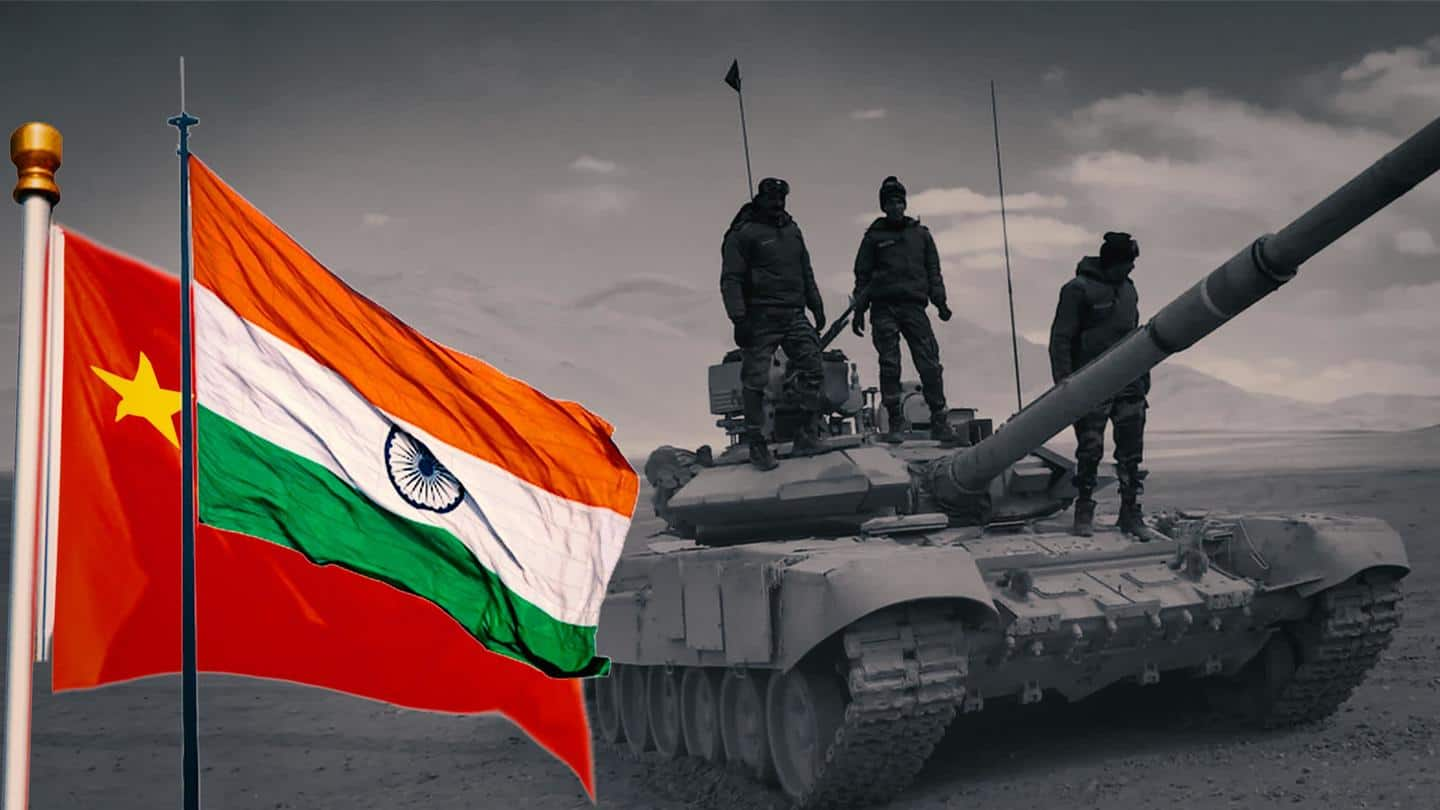
13th round of India-China talks on East Ladakh fails
What's the story
The 13th round of military-level talks between India and China over the standoff along the border in Ladakh failed to yield any results, both the sides said.
The nine-hour-long meeting, led by 14 Corps commander Lt. General PGK Menon and the South Xinjiang Military District chief, took place on Sunday.
Both the Armies have blamed each other for the failure.
Details
'Chinese side was not agreeable,' Indian Army says
India said it made constructive suggestions but China did not agree to them. "The Chinese side was not agreeable and also could not provide any forward-looking proposals."
"The meeting thus did not result in resolution of the remaining areas," the Indian Army said in a statement.
A major focus of this discussion was to complete the stalled disengagement in Hot Springs area.
Statement
Chinese side blames India of raising 'unrealistic demands'
China also acknowledged that the talks failed, blaming India of raising "unreasonable and unrealistic demands, adding difficulties to the negotiations."
India is "misjudging the situation," a spokesperson for the People's Liberation Army (PLA) said.
The Chinese Army said it has made "tremendous efforts to ease and cool down the border situation and fully demonstrated its sincerity."
Background
Border dispute erupted after Galwan clashes last year
India and China have been involved in a military standoff since last year's Galwan clashes.
Skirmishes had erupted in the Pangong Lake area last May, with both the sides suffering multiple casualties.
Each side currently has 50,000 to 60,000 soldiers deployed along the Line of Actual Control (LAC).
The countries have since conducted numerous rounds of talks to ease off tensions.
Other details
India calls for early disengagement in friction points
Earlier this year, the two sides had agreed to disengage in the Gogra region of eastern Ladakh after the 12th round of talks, marking a major breakthrough.
However, the standoff in Depsang and Hot Springs continues.
India has pressed for an early disengagement of troops in the remaining friction points, maintaining that the resolution is essential for an overall improvement in bilateral ties.